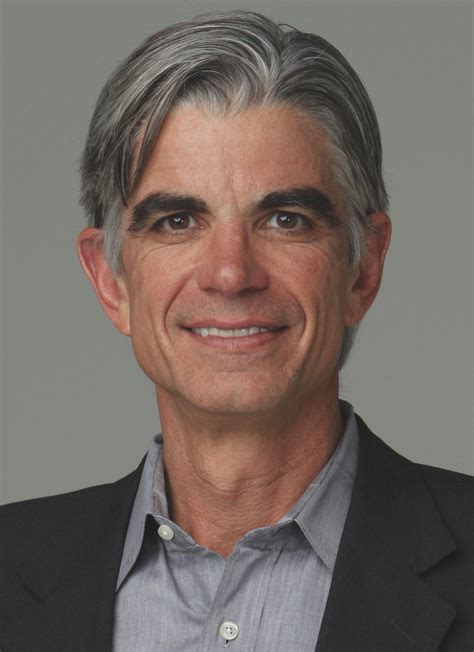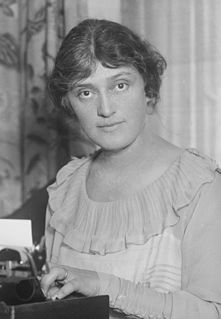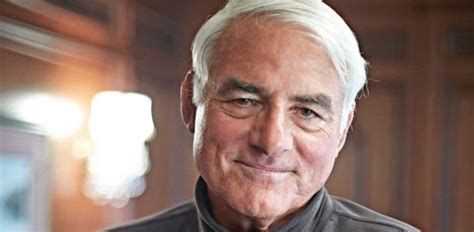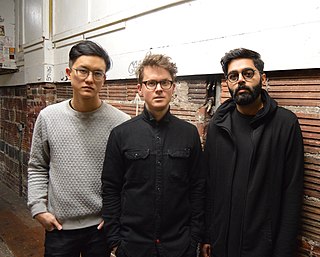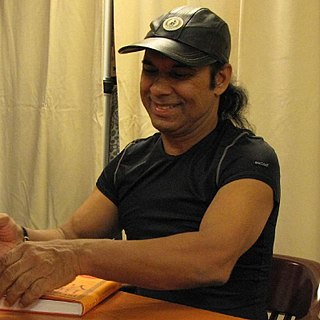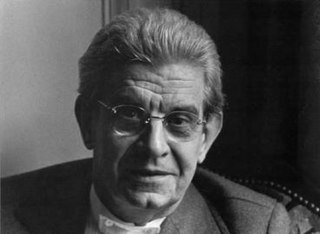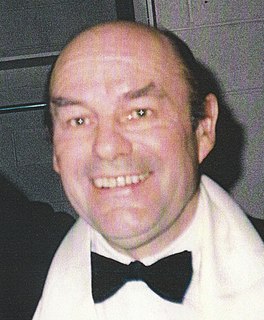A Quote by Timothy Leary
We cannot study the brain, the instrument for fabricating the realities we inhabit, using the mental constructs of the past.
Related Quotes
[Microscopic] evidence cannot be presented ad populum. What is seen with the microscope depends not only upon the instrument and the rock-section, but also upon the brain behind the eye of the observer. Each of us looks at a section with the accumulated experience of his past study. Hence the veteran cannot make the novice see with his eyes; so that what carries conviction to the one may make no appeal to the other. This fact does not always seem to be sufficiently recognized by geologists at large.
I think animation is a very truthful way to express your thoughts, because the process is very direct. That's what I've always liked about animation, particularly abstract animation. You go from the idea to execution, straight from your brain. It's like when you hear someone playing an instrument, and you feel the direct connection between the instrument and his brain, because the instrument becomes an extension of his arms and fingers. It's like a scanner of the brain and thought process that you can watch, or hear.
The elegant study... is consistent with the themes of modern cognitive neuroscience . Every aspect of thought and emotion is rooted in brain structure and function, including many psychological disorders and, presumably, genius. The study confirms that the brain is a modular system comprising multiple intelligences, mostly nonverbal.



